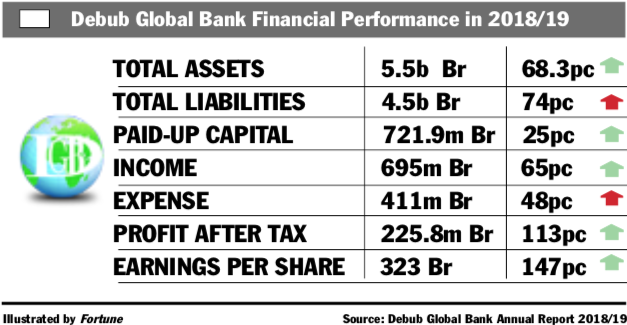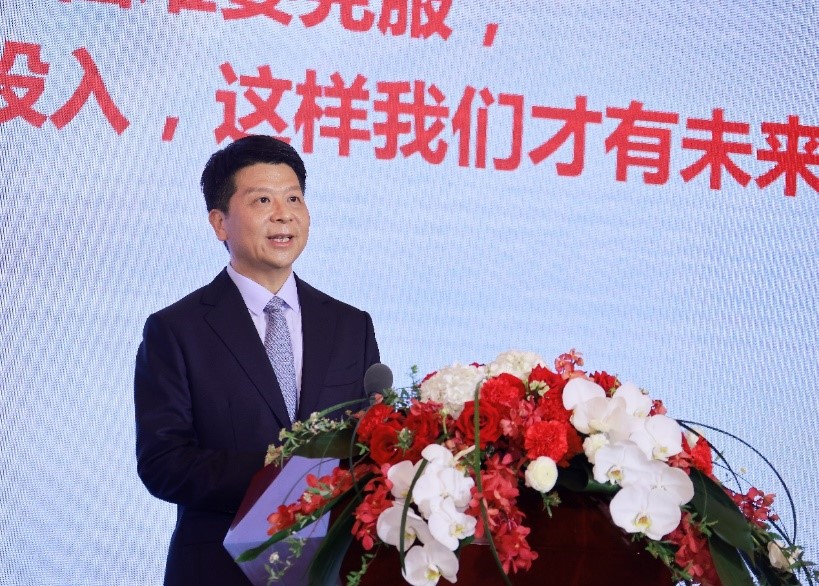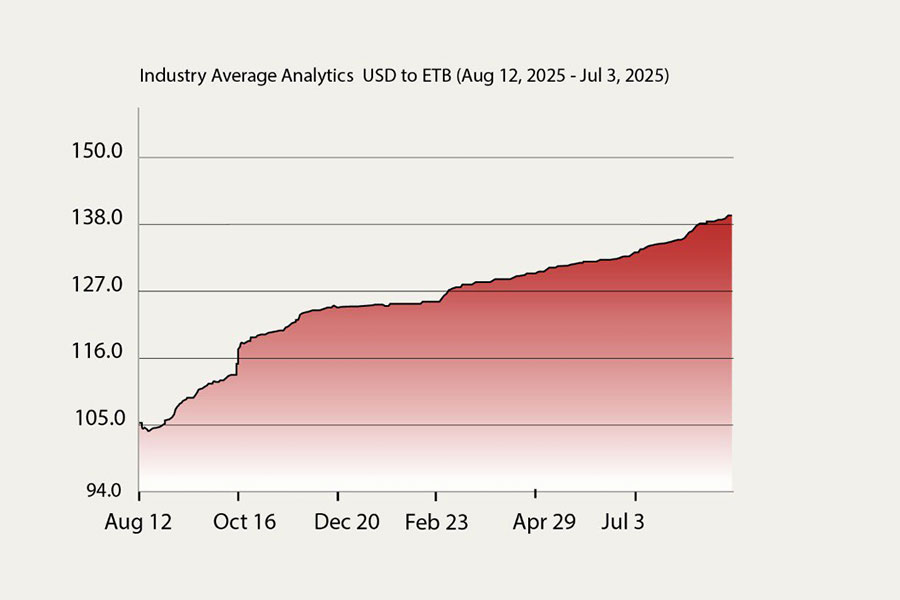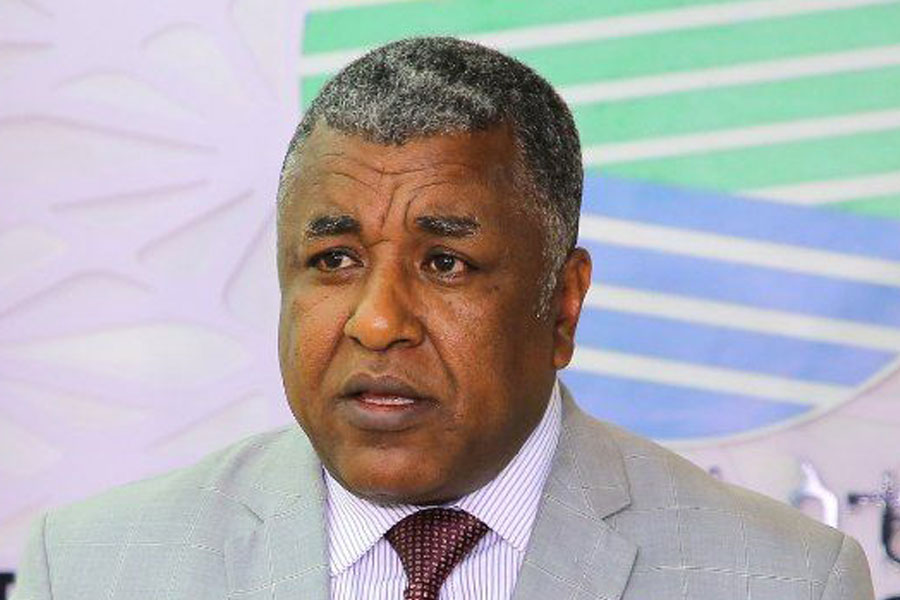
Commentaries | Apr 19,2025
Mar 30 , 2024
By Ngozi Okonjo-Iweala
As the WTO embarks on reforms, including revitalising its dispute-settlement system, the collective effort of its members, especially emerging markets and developing countries, will be critical. The evolving dynamics demonstrate the shared responsibility in shaping an organisation capable of addressing the complexities of 21st-century trade, writes Ngozi Okonjo-Iweala, director-general of the World Trade Organization (WTO), in this commentary provided by Project Syndicate (PS).
Taking place in challenging and uncertain times, the World Trade Organization's 13th Ministerial Conference in Abu Dhabi produced mixed results: a few successes, but also some disappointments. By contrast, the previous ministerial conference, held in June 2022, concluded with the adoption of numerous multilateral agreements and decisions, giving the WTO a reprieve from its critics. Now the critics are back.
Criticism is not necessarily a bad thing; it should prompt reflection on why the WTO was created in the first place, how it has benefited its members - rich and poor - and what impact it might have in the future. However, criticism is helpful only if it accounts for the organisation's complexity, which was deepened by the dynamics of the Abu Dhabi meeting. In addition to the usual North-South challenges, the negotiations exposed emerging South-South tensions on certain issues.
The differences among developing countries further complicate the WTO's consensual approach to decision-making.
The new tensions were most evident in digital commerce and agriculture. WTO members of the African, Caribbean, & Pacific Group, totalling 62 countries, aligned with developed countries and some emerging markets in supporting the extension of the moratorium on e-commerce tariffs for electronic transmissions. Others, including Indonesia, India, and South Africa, opposed extending the moratorium, citing revenue losses for their governments and the unfair advantages they believe it confers on 'Big Tech' companies.
After tough negotiations, members eventually agreed to extend the moratorium for two years, ending March 31, 2026, or at the next WTO ministerial conference, whichever comes first. This deal was made possible, in part, by developing countries that view the moratorium as beneficial to their services sectors.
Likewise, a complex mix of alliances was evident during the negotiations on agricultural reform.
While a united bloc of mostly developing countries called for deep cuts in developed countries' agricultural subsidies, clear divisions appeared among emerging markets about "public stockholding" – the practice of purchasing agricultural goods, often at fixed prices, to bolster domestic food security – and its potential effects on trade. These differences stymied efforts to move forward on outstanding agriculture negotiations, which unfortunately led some members to block an agreement further restricting harmful fisheries subsidies.
But, the Abu Dhabi meeting also achieved some important successes crucial to the WTO's credibility. After years of advocacy, a decision was adopted to ease the transition for least-developed countries (LDCs) – the WTO's poorest members – graduating to developing-country status. Members can now retain access to special trade concessions available in WTO agreements for up to three years after graduating from the LDC category.
There was also an agreement to accept two new members, Comoros and Timor-Leste. Both of these countries undertook difficult economic reforms and implemented legislative changes over many years to qualify for membership. Their commitment demonstrates that countries still value WTO membership and being part of the rules-based multilateral trading system. Twenty-two other countries, including Bosnia and Herzegovina, Ethiopia, Turkmenistan, and Uzbekistan, have been accelerating their WTO accession bids.
Representing three-quarters of the membership, including nearly 90 developing countries, 125 members used the plurilateral negotiating instrument to finalise the Investment Facilitation for Development (IFD) Agreement to eliminate bureaucratic barriers to domestic and foreign direct investment. This could save participating countries up to one billion dollars a year in aggregate costs and make them more attractive investment destinations.
While work will continue in Geneva to insert the agreement into the WTO's multilateral legal framework, there is no doubt that the IFD Agreement demonstrates that the WTO has innovative negotiating tools to find common ground on topical issues. The bottom line is that concerted collective effort is required to deliver WTO agreements and create an organisation capable of tackling this century's problems. Failure to achieve these aims can no longer be blamed solely on the United States – or any one country, for that matter – for lack of leadership or loss of interest.
Yes, the US partially hobbled the WTO's dispute-settlement system by blocking new appointments to its Appellate Body. However, the US and other countries had some valid criticisms of the system. In response, WTO members have started work on the reforms, expecting to complete the work by the end of the year.
The dynamics at the WTO have changed. While US leadership is still essential, meaningful reform will require other members, including emerging markets and developing countries, to take the lead and help steer the organisation – over which they exert real influence, as was obvious in Abu Dhabi. It will also be crucial to work with developing countries to ensure that any proposed reforms provide the conditions they need to grow and prosper.
The WTO has adopted a forward-looking agenda to support digital and green trade, promote services, foster inclusion, and create a level of global playing field. Working together to achieve these goals will benefit WTO members and the entire world.
PUBLISHED ON
Mar 30,2024 [ VOL
24 , NO
1248]


Commentaries | Apr 19,2025

Fortune News | Jan 25,2020

Viewpoints | Sep 10,2023

Fortune News | Jan 27,2024

Sponsored Contents | Apr 05,2022

Money Market Watch | Sep 07,2025

Viewpoints | Sep 28,2019

Fortune News | Nov 03,2024

Viewpoints | Jan 09,2021

Viewpoints | Sep 26,2021

Photo Gallery | 179424 Views | May 06,2019

Photo Gallery | 169620 Views | Apr 26,2019

Photo Gallery | 160536 Views | Oct 06,2021

My Opinion | 137177 Views | Aug 14,2021
Commentaries | Oct 25,2025

Dec 22 , 2024 . By TIZITA SHEWAFERAW
Charged with transforming colossal state-owned enterprises into modern and competitiv...

Aug 18 , 2024 . By AKSAH ITALO
Although predictable Yonas Zerihun's job in the ride-hailing service is not immune to...

Jul 28 , 2024 . By TIZITA SHEWAFERAW
Unhabitual, perhaps too many, Samuel Gebreyohannes, 38, used to occasionally enjoy a couple of beers at breakfast. However, he recently swit...

Jul 13 , 2024 . By AKSAH ITALO
Investors who rely on tractors, trucks, and field vehicles for commuting, transporting commodities, and f...

Oct 25 , 2025
The regulatory machinery is on overdrive. In only two years, no fewer than 35 new pro...

Oct 18 , 2025
The political establishment, notably the ruling party and its top brass, has become p...

Oct 11 , 2025
Ladislas Farago, a roving Associated Press (AP) correspondent, arrived in Ethiopia in...

Oct 4 , 2025
Eyob Tekalegn (PhD) had been in the Governor's chair for only weeks when, on Septembe...

Oct 25 , 2025 . By YITBAREK GETACHEW
Officials of the Addis Abeba's Education Bureau have embarked on an ambitious experim...

Oct 26 , 2025 . By YITBAREK GETACHEW
The federal government is making a landmark shift in its investment incentive regime...

Oct 29 , 2025 . By NAHOM AYELE
The National Bank of Ethiopia (NBE) is preparing to issue a directive that will funda...

Oct 26 , 2025 . By SURAFEL MULUGETA
A community of booksellers shadowing the Ethiopian National Theatre has been jolted b...